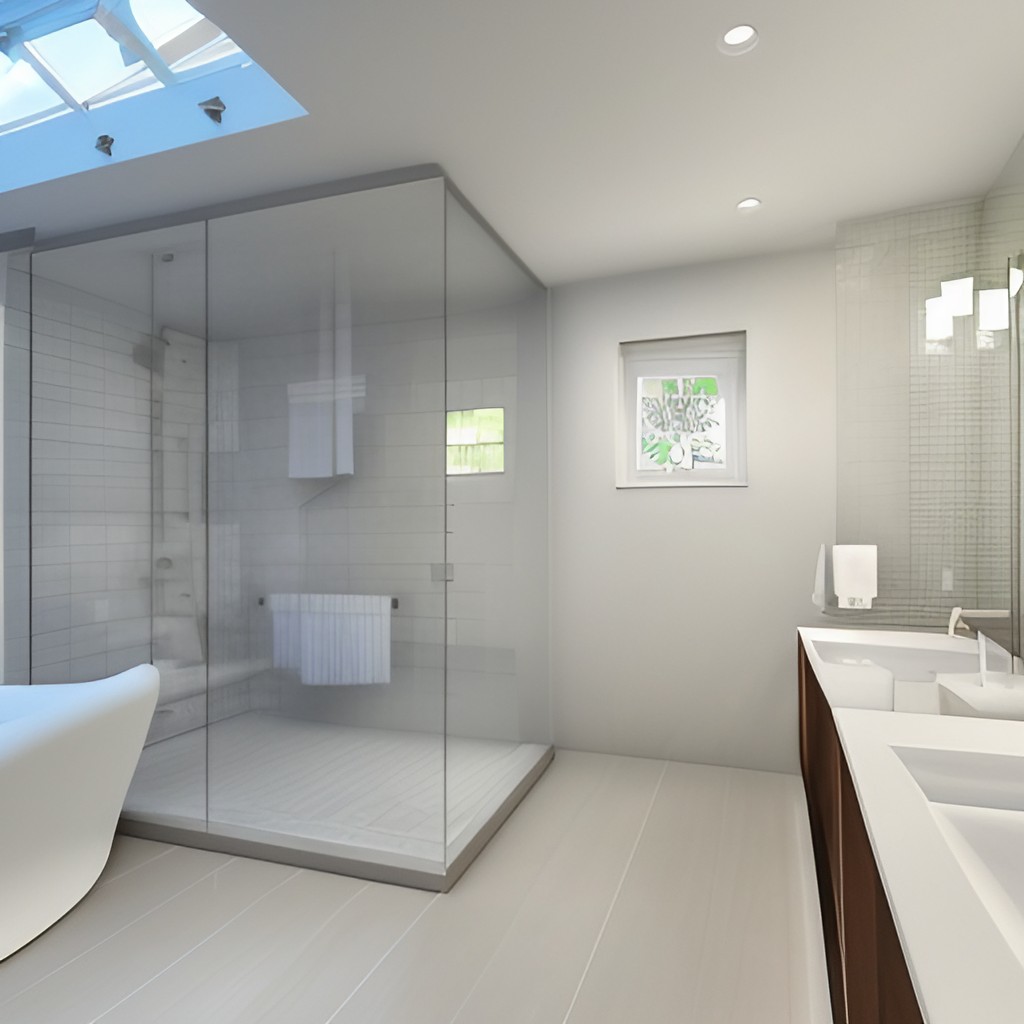Shower Hob vs Shower Without a Hob – What Should You Choose?
Shower hob vs Shower without a hob
When designing a bathroom, the shower area is always an essential element. Deciding on a shower hob or shower without a hob can be an important consideration for homeowners and builders. A shower hob can enhance the look of your bathroom, but some prefer their bathroom without it. Here’s what you need to know about shower hobs versus showers without hobs.
Shower hobs
A shower hob is a barrier that separates the shower area from the rest of the bathroom. Most shower hobs are usually two to four inches high and are made of various materials, such as tile, natural stone, or cement. Some common types of shower hobs are cement, tile, and stone.
Cement hob
Cement shower hobs provide a sleek, modern look to the bathroom. Depending on the homeowners ‘ preference, they can be designed in any colour or pattern.
Tile hob
Tile shower hobs are a popular choice as they match the walls and floors of the shower area. Homeowners can choose various sizes, shapes, textures, and colours.
Stone hob
You can use natural stone shower hobs for a high-end, luxurious look. They are available in different types of stone, like marble, granite, and quartz.
Pros and cons of a shower hob
A shower hob has a couple of benefits. It can help prevent water from going outside the shower area, reducing the possibility of water damage. Additionally, it can help prevent slips and falls. It can be easier to step in and out of a shower with a high entry point.
Despite the advantages of shower hobs, there are a few things to consider. A hob can take up more space, which may not be ideal for small bathrooms. It can also ruin the overall aesthetic of your bathroom if not done correctly. A misplaced or poorly installed shower hob can make a bathroom look awkward and uninviting.
Shower without a hob
A shower without a hob, also known as a barrier-free shower, is a shower that’s built without a barrier between the shower area and the rest of the bathroom. This shower style has become popular recently due to its aesthetic appeal and accessibility. Without a shower hob, bathrooms can feel larger and less cluttered.
A barrier-free shower can be an excellent choice for individuals with mobility impairments, as there are no obstacles to navigate. Additionally, a barrier-free shower can be an excellent choice for any bathroom design style, be it modern or traditional.
However, there are some things to consider when building a shower without a hob. The key consideration is the potential for water damage outside the shower. A lack of a hob means water can quickly seep into the rest of the bathroom. Proper installation, including a sloping floor to help drainage and waterproofing, is essential when choosing a no-hob shower design.
Which is better: A shower with a hob or a shower without a hob?
Shower hobs and showers without hobs have advantages and disadvantages. Choosing between the two depends on design preference, budget, and other factors like mobility. While a shower hob can provide a sleek look to your bathroom and protect against water damage, a no-hob shower can offer a more open and accessible bathroom design.
Regardless of your choice, always ensure a professional and experienced contractor installs your bathroom’s shower. This ensures that the shower is correctly fitted and sealed, reducing the possibility of water leaks and repair costs.
